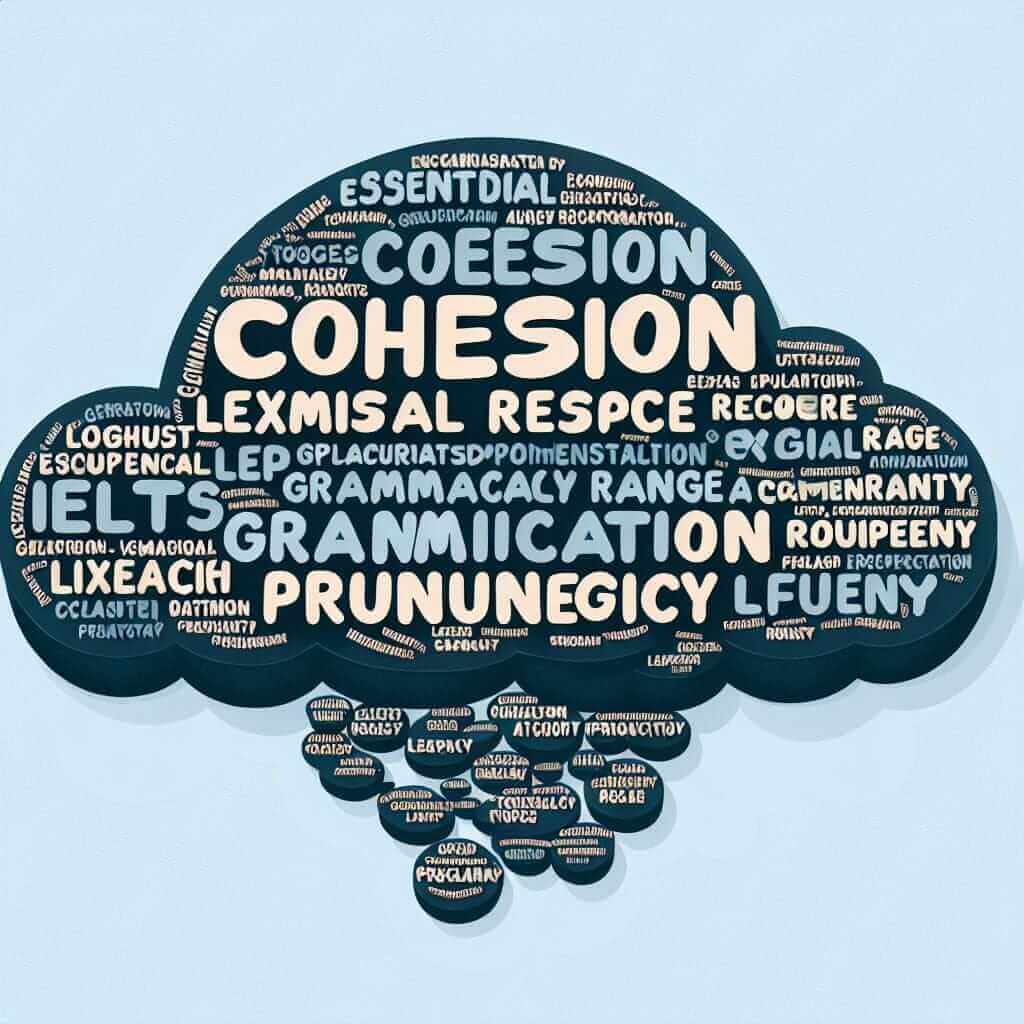As an IELTS instructor with over two decades of experience, I understand the crucial role vocabulary plays in achieving a high IELTS score. It’s not just about memorizing isolated words; it’s about mastering a wide range of vocabulary and employing it effectively across all sections of the exam. This article outlines proven strategies to help you expand your vocabulary and achieve your desired IELTS score.
Understanding the Importance of Vocabulary in IELTS
A strong vocabulary is paramount to success in all four sections of the IELTS exam:
Speaking: A wide range of vocabulary enables you to articulate your thoughts fluently, accurately, and with nuance.
Listening: Recognizing a variety of words and phrases helps you understand conversations and lectures accurately.
Reading: A broad vocabulary is essential for comprehending complex texts and answering questions effectively.
Writing: Using sophisticated and varied vocabulary allows you to express your ideas clearly and effectively in both tasks.
Effective Strategies to Enhance Your IELTS Vocabulary
1. Make Reading a Habit
Reading extensively exposes you to a wealth of vocabulary in context. Choose materials related to your interests and those commonly found in the IELTS exam, such as:
- Newspaper and magazine articles (e.g., The Economist, National Geographic)
- Non-fiction books on diverse topics
- Academic journals within your field of interest
- IELTS practice tests
While reading, pay close attention to:
- Unfamiliar words: Look them up, write down their definitions and example sentences.
- Collocations: Note how words are frequently used together (e.g., “heavy rain,” “make a decision”).
- Synonyms and antonyms: Identify words with similar or opposite meanings to expand your vocabulary range.
2. Utilize Vocabulary Building Resources
Several resources can aid your vocabulary acquisition journey:
- Flashcards: Create physical or digital flashcards with words and definitions, using spaced repetition for effective memorization.
- Vocabulary apps: Utilize apps like Quizlet, Memrise, or Anki, which offer pre-made flashcards and personalized learning plans.
- Thesaurus and dictionary: Use these tools to discover synonyms, antonyms, and related words to broaden your lexical range.
3. Learn Vocabulary in Context
Memorizing isolated words is ineffective. Instead, strive to learn vocabulary in context:
- Create your own sentences: Use new words in sentences that are relevant to your life or interests.
- Practice speaking and writing: Incorporate new vocabulary into your daily conversations and writing tasks.
- Record yourself: Listen back to identify areas where your vocabulary usage can be improved.
4. Focus on Topic-Specific Vocabulary
The IELTS exam often covers a range of familiar topics, such as education, technology, environment, and health.
- Compile topic-related word lists: Gather vocabulary related to common IELTS themes.
- Practice using these words: Engage in discussions, write essays, or prepare speaking responses on these topics.

IELTS Vocabulary in Action: Examples from Real Tests
Let’s examine how effective vocabulary usage contributes to a higher band score in different sections:
Speaking:
Examiner: “What are the benefits of learning a foreign language?”
Candidate: “Learning a foreign language fosters cognitive flexibility, enhances communication skills, and broadens cultural horizons.”
Writing Task 2:
“Some people argue that technology has made our lives easier, while others believe it has led to increased stress and isolation. Discuss both views and give your opinion.”
A high-scoring essay might utilize vocabulary such as “technological advancements,” “digital connectivity,” “social isolation,” “sedentary lifestyle,” and “work-life balance.”
Tips for Maximizing Your Vocabulary Score
- Don’t overuse complex vocabulary: Focus on using words accurately and naturally rather than trying to impress with obscure terms.
- Pay attention to word forms: Use the correct form of a word (noun, verb, adjective, adverb) depending on the context.
- Paraphrase effectively: Demonstrate your vocabulary range by using synonyms or different phrases to convey the same idea.
- Keep a vocabulary notebook: Regularly review your notes and practice using the words you’ve learned.
Conclusion
Building a strong IELTS vocabulary is a continuous process that demands dedication and consistent effort. By implementing the strategies outlined in this article, you can significantly enhance your vocabulary acquisition and boost your confidence on exam day. Remember, consistent practice is key to achieving your desired IELTS score.